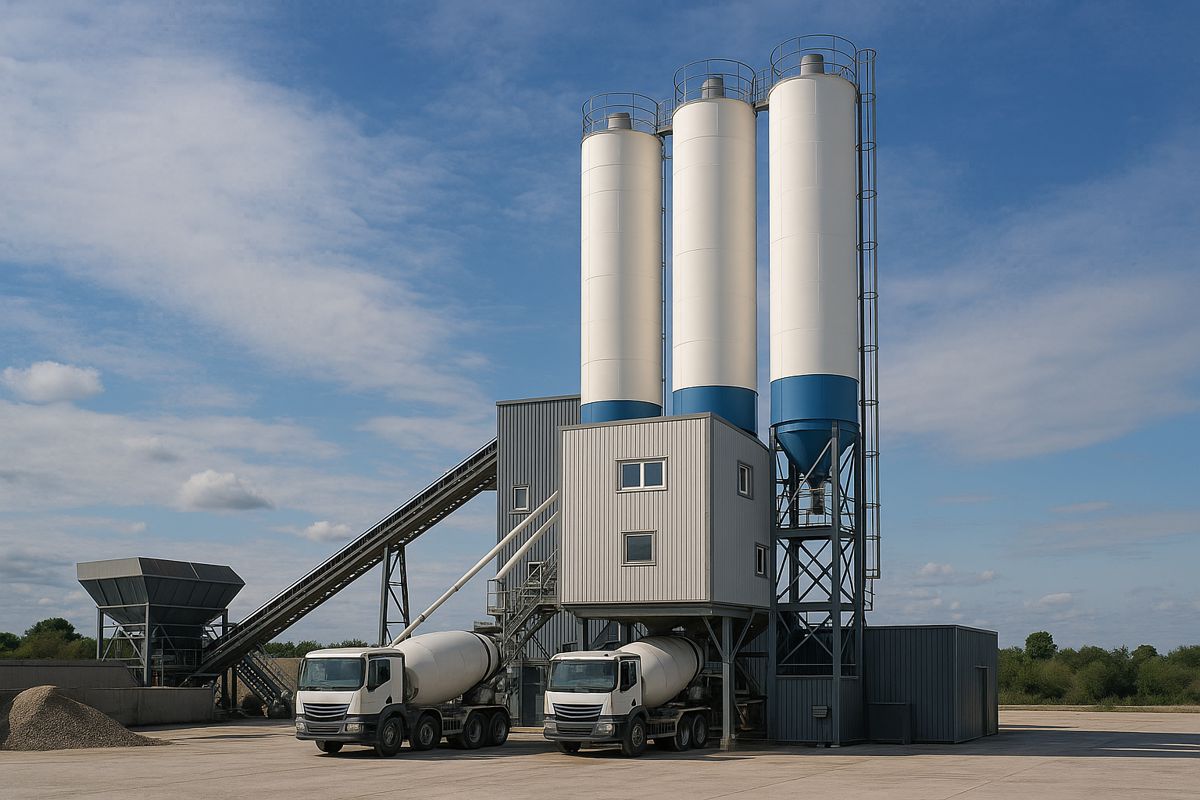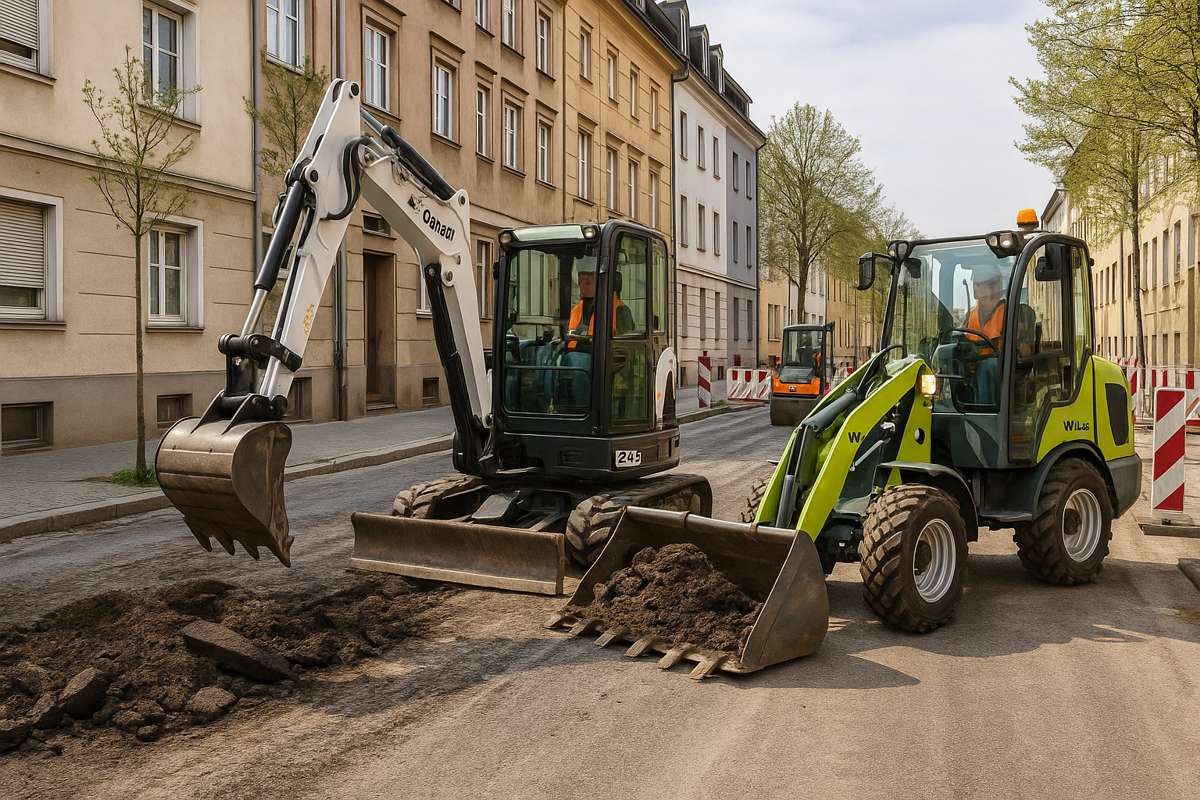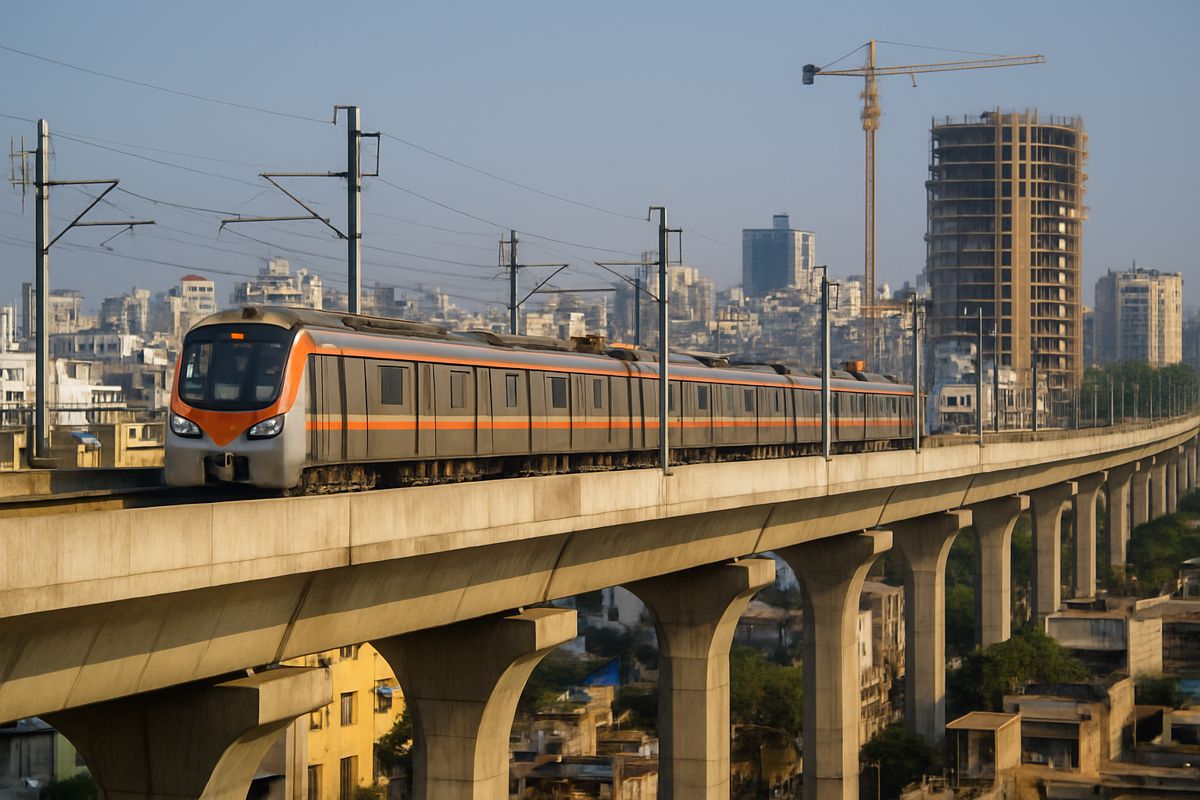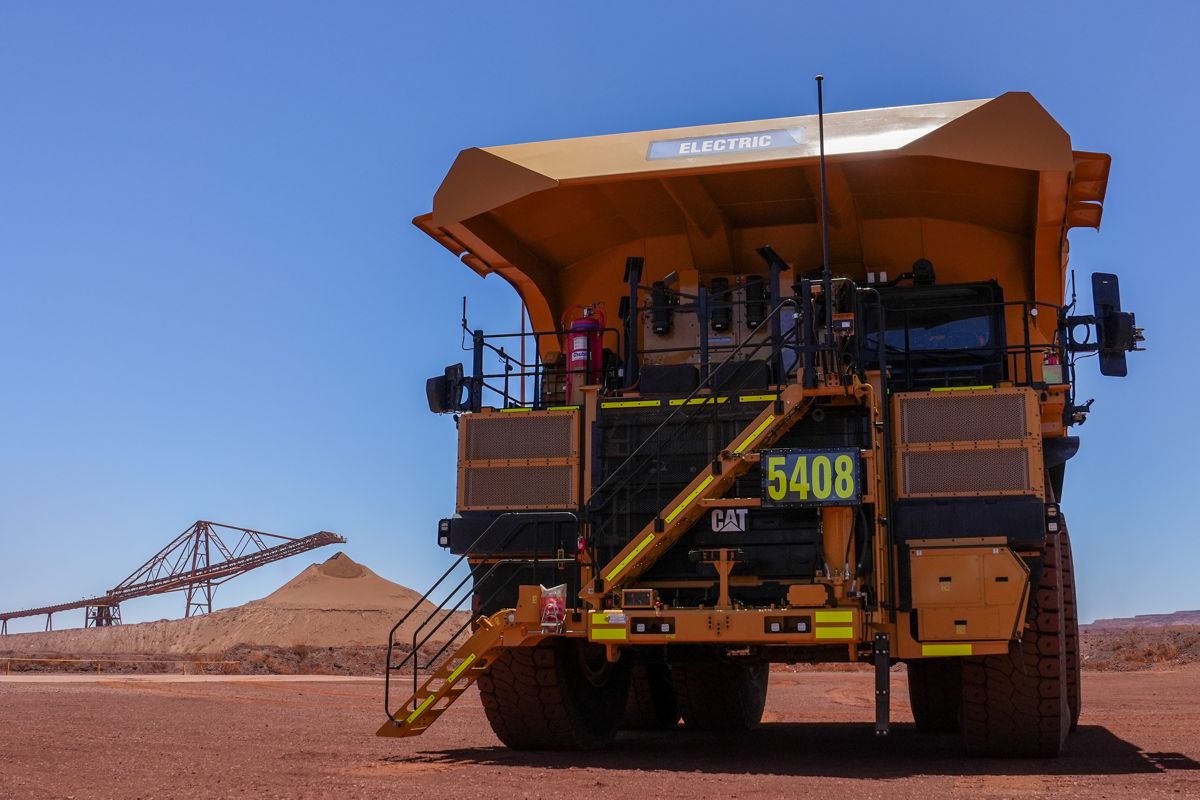Smart Freight Corridors for Arkansas with Intelligent Transportation Upgrade
Quarterhill Inc., a frontrunner in Intelligent Transportation System (ITS) solutions, has partnered with the Arkansas Department of Transportation (ARDOT) and the Arkansas Highway Police to launch a ground-breaking US$2.7 million initiative aimed at transforming freight operations across two of the state’s most vital corridors.
The project represents a major leap forward for Arkansas’ freight network, strategically positioned on I-40 Eastbound at Lehi and I-55 Southbound at Marion, two of the busiest trucking arteries in the United States.
This forward-thinking collaboration combines artificial intelligence, sensor technology, and advanced data systems to create a safer, more efficient freight environment. It’s a milestone that marks Arkansas as a national leader in smart infrastructure deployment.
AI-Driven Mainline Sorter Systems
At the heart of the initiative are state-of-the-art mainline sorter systems, designed to identify, inspect, and direct vehicles intelligently, all while traffic continues to flow at highway speed. These systems integrate several cutting-edge technologies:
- Weigh-in-Motion (WIM) sensors to measure truck weights dynamically without disrupting traffic flow.
- Tire Anomaly Classification Systems (TACS) to detect unsafe tyre conditions in real time, helping prevent accidents before they happen.
- License Plate Recognition (LPR), Department of Transportation (DOT) checks, and the Intelligent Roadside Operations Computer (iROC) for instant verification of vehicle and carrier credentials.
- Dynamic Message Boards that automatically guide drivers requiring inspection to designated areas, improving safety and reducing congestion.
These systems embody the principles of modern freight management, using data and automation to do more with less. Instead of costly and disruptive road expansions, Arkansas is leveraging digital innovation to improve capacity, safety, and sustainability.
A Vision for Smarter, Safer, and More Sustainable Freight Corridors
The new systems will help ARDOT manage one of America’s heaviest freight loads more effectively while aligning with its broader goal of delivering safer, smarter, and more sustainable transportation infrastructure. By applying advanced ITS technologies, the project will enhance traffic flow, reduce emissions from idling trucks, and ensure that only vehicles meeting compliance and safety standards remain on the road.
Quarterhill CEO Chuck Myers captured the project’s importance succinctly: “This project demonstrates how technical innovation and collaboration can solve real-world challenges in freight management and strengthen Arkansas’ position as a national leader in freight movement. By working hand in hand with ARDOT and the Arkansas Highway Police, we are ensuring that Arkansas’ highways remain safe, efficient, and capable of supporting growth in interstate commerce for decades to come.”
The initiative underscores the growing recognition that intelligent systems, rather than physical expansion, are the key to managing increasing freight volumes. As interstate commerce continues to surge, the ability to process, sort, and inspect vehicles dynamically will define the future of logistics.
Strengthening Enforcement and Safety with Digital Precision
For the Arkansas Highway Police, the project offers a significant boost in enforcement capabilities. The integration of AI-powered systems ensures that non-compliant or unsafe trucks are flagged instantly, reducing manual inspection loads and improving operational accuracy.
Jeff Holmes, Chief of the Arkansas Highway Police, highlighted the benefits: “Partnering with Quarterhill allows us to bring cutting-edge tools to two of Arkansas’ most important freight gateways. These upgrades will strengthen enforcement, improve roadway safety, and keep goods moving efficiently across our state and beyond. This initiative is a win for our economy, drivers, and communities.”
In practice, these intelligent inspection systems will allow officers to focus on higher-risk vehicles while enabling compliant freight to continue moving seamlessly. This targeted approach boosts productivity, reduces congestion, and enhances safety, all without slowing down the pace of commerce.
Quarterhill’s Expanding Role in the Future of Intelligent Mobility
Quarterhill’s involvement in Arkansas reflects its broader mission to modernise transportation networks worldwide. As one of the global leaders in ITS technology, the company provides solutions that reduce congestion, improve safety, and enable sustainable travel through automation and AI.
Each year, Quarterhill’s digital infrastructure supports:
- Billions of processed transactions across smart tolling and freight networks.
- Millions of safety and compliance inspections for commercial vehicles.
- Thousands of optimised traffic lanes managed through AI-driven analytics and predictive insights.
By integrating machine learning and real-time data analysis, Quarterhill empowers governments and agencies to make data-informed decisions that optimise performance and sustainability. From tolling systems in Canada to freight corridors in the United States, its platform is setting the standard for digital transport management.
The Growing Importance of Intelligent Freight Management
Freight movement has become one of the most pressing challenges in the US transport landscape. The Federal Highway Administration (FHWA) projects that freight volume in the United States will increase by over 30% by 2040, driven by e-commerce, manufacturing, and regional trade growth. However, expanding highways is often financially and environmentally unfeasible.
That’s where ITS solutions come in. Smart freight systems like Arkansas’ new mainline sorters represent a paradigm shift, from building more roads to building smarter roads. The combination of data, automation, and AI enables authorities to do more with existing infrastructure.
Key benefits include:
- Reduced operational costs by automating inspections and enforcement.
- Lower emissions due to decreased idling and congestion.
- Improved safety through proactive monitoring of vehicle conditions.
- Enhanced compliance using automated data validation and instant feedback.
These intelligent systems are redefining how freight networks operate, making them not only faster but also cleaner, safer, and more adaptive.
Collaboration as the Cornerstone of Innovation
One of the most striking aspects of this initiative is its collaborative foundation. By combining the regulatory expertise of ARDOT and the Arkansas Highway Police with Quarterhill’s technological innovation, the project exemplifies how public-private partnerships can create real, measurable value.
Such collaboration also provides a blueprint for other states and regions aiming to modernise their freight corridors without incurring massive infrastructure costs. Arkansas’ approach shows that with the right blend of technology, vision, and partnership, even the busiest highways can be transformed into smart, sustainable transport ecosystems.
Driving Forward with Intelligent Mobility
Quarterhill’s work in Arkansas reflects a broader industry shift toward connected, data-driven, and automated transport solutions. As global supply chains continue to evolve, the ability to manage freight dynamically will become a critical differentiator for economic competitiveness.
With AI, machine learning, and IoT integration at its core, Quarterhill is not only enhancing the performance of today’s roads but also laying the foundation for tomorrow’s intelligent mobility systems. By embracing innovation, Arkansas is ensuring its place at the forefront of America’s smart infrastructure revolution.
Paving the Way for the Future
This project represents far more than a technological upgrade, it’s a statement about the future of transportation. Through innovation, collaboration, and digital transformation, Arkansas and Quarterhill are proving that efficiency, safety, and sustainability can go hand in hand.
By transforming two critical freight corridors into intelligent transport gateways, they’re setting a benchmark for what’s possible when technology and purpose align. It’s a powerful reminder that the roads of the future aren’t just built, they’re engineered smartly.




















